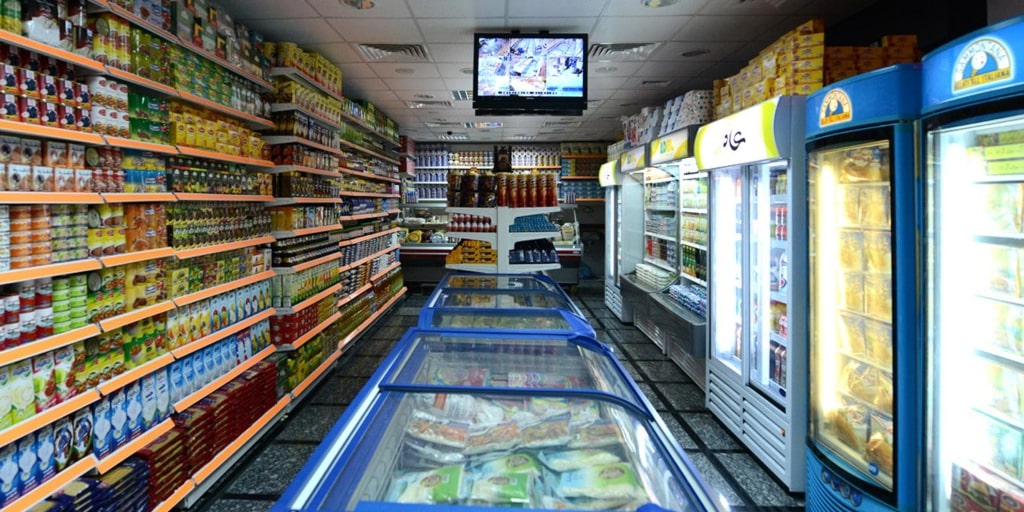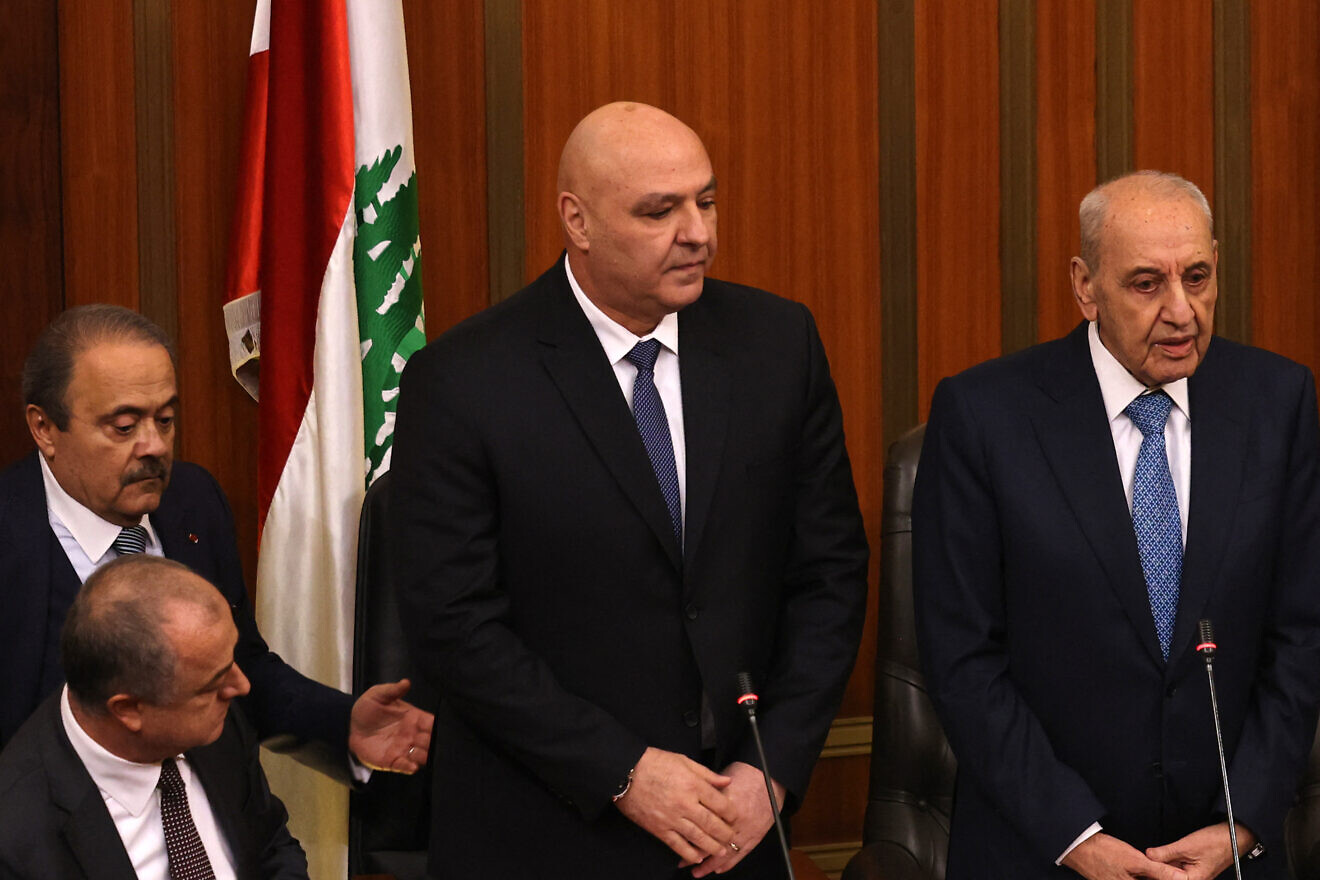Egypt Plans to Regulate and Reduce Essential Commodities Prices
Egypt’s Cabinet, in partnership with the Central Bank of Egypt (CBE), announced plans to introduce measures to combat the rising cost of essential commodities, according to a Facebook post by the Cabinet on 3 October.
The announcement comes days after President Abdel-Fattah El-Sisi directed Minister of Supply and Internal Trade Ali Al-Moselhi to address the current price hikes during the ‘Hikayat Watan’ Conference on 2 October.
Prime Minister Mostafa Madbouly received heads of commerce chambers, industry unions, food companies, and vendors across the country to discuss the forthcoming measures.
The gathering also included the presence of CBE Governor Hassan Abdallah, as well as the Ministers of Supply, Finance, Agriculture, and Trade and Industry.
The CBE, in particular, will collaborate to secure the necessary US dollars for procuring goods and will explore solutions to alleviate the prices of essential commodities.
“We will work together to guarantee an ample supply of different goods in the Egyptian market in a way that contributes to decreasing the prices, particularly prices of food goods,” Madbouly was quoted saying in the statement.
THE COMMODITY COST CRISIS
The Egyptian local market has witnessed rising prices across several commodities, including essential food items, since the outbreak of the Russia-Ukraine war in February 2022. The government attributes this inflation to the war, global supply chain disruptions, and the lingering impacts of the COVID-19 pandemic.
In August, Egypt’s annual headline inflation reached a record-high 39.7 percent, up from 38.2 percent in July. Notably, food and beverage prices experienced a monthly inflation rate of 2.2 percent, with vegetable prices surged further by 24.4 percent in August compared to the previous month.
The year-on-year increase in food and beverage prices amounted to 71.9 percent, while housing and restaurant services saw an annual inflation rate of 49.5 percent.
The CBE currently set its inflation target to an average of 7 percent — plus or minus 2 percent — by the fourth quarter of 2024, down to 5 percent — plus or minus 2 percent — by the fourth quarter of 2026.
The World Bank estimated that Egypt’s inflation is projected to average 32.3 percent in 2023, significantly higher than the 5.2 percent and 5 percent figures recorded in 2021 and 2020, respectively.
Egypt’s battle against rising commodity costs has already begun, with actions taken to import 200 thousand tons of raw sugar to decrease prices and ban onion exports for three months.
Subscribe to the Egyptian Streets’ weekly newsletter! Catch up on the latest news, arts & culture headlines, exclusive features and more stories that matter, delivered straight to your inbox by clicking here.
Subscribe to our newsletter






















Discussion about this post